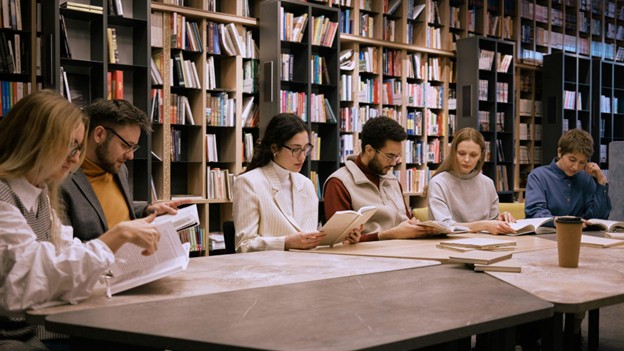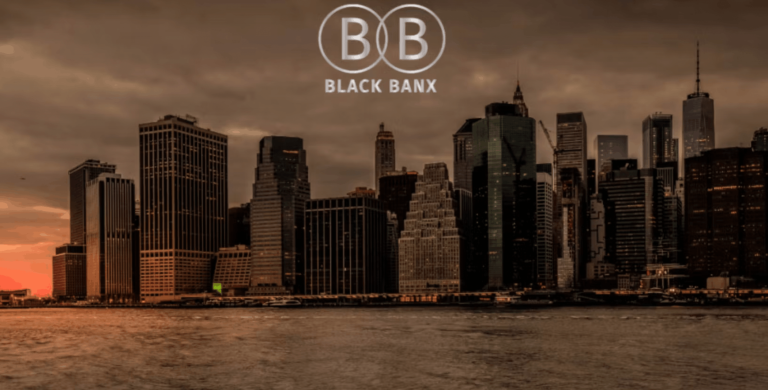
Creative workshops and digital archives offer much more than an outlet for imagination or a place to store information. Together, they create opportunities for communities to share experiences, preserve traditions, and foster a sense of belonging. By combining hands-on collaboration with technology, these initiatives can transform how people connect with their heritage and each other.
Strengthening Bonds Through Creative Workshops
Workshops provide a platform where people of all ages can gather, share ideas, and learn new skills. Unlike formal education settings, these environments feel more flexible and personal. They encourage participants to express themselves while working toward a common goal. Whether focused on arts, storytelling, or skill-building, workshops create unique spaces for dialogue and creativity.
A community might host a photography workshop where participants capture scenes from their daily lives. In doing so, they explore their environment while building a shared visual narrative. This process highlights both individual and collective perspectives, enriching the group’s understanding of its identity.
Interactive sessions also help foster trust among attendees. As participants collaborate on projects, they learn about one another’s backgrounds, values, and experiences. These shared moments often lead to stronger relationships, breaking down barriers that might exist in other social contexts. Workshops also remind people of the power of teamwork, a skill that benefits both individuals and their communities as a whole.
Digital Archives: Preserving Stories and Traditions
Digital archives play a key role in safeguarding a community’s legacy. By storing photos, oral histories, documents, and other materials online, people ensure these pieces of history can be accessed by future generations. Unlike physical archives, digital ones are less vulnerable to wear and tear, offering a lasting resource for learning and reflection.
The value of digital archives lies in preservation but also in accessibility. With the click of a button, anyone can explore their ancestry, revisit cultural milestones, or study the evolution of a neighborhood. This level of convenience enables individuals to maintain strong ties to their roots, no matter where life takes them.
Creating these archives often sparks intergenerational conversations. Elders can share memories and artifacts with younger family members, who in turn document and upload them. This collaboration bridges age gaps, helping to pass down knowledge and foster mutual respect. By combining old stories with modern technology, communities create a living record that stays relevant and dynamic.
Bridging Creativity and Technology
When workshops and digital archives intersect, they open doors to new possibilities. Creative workshops can serve as the foundation for building digital resources that reflect a group’s unique identity. A writing workshop might result in a collection of essays that detail life in the community. These essays could then become part of an interactive online archive accessible to both residents and outsiders.
Similarly, hands-on projects like quilting or painting can be digitally cataloged and displayed through virtual galleries. These showcase the talents within a community while inviting others to appreciate its artistic output. By celebrating and documenting local creativity, participants build individual pride but also collective recognition.
Technology also expands the reach of creative projects. A mural painted in a small town can be photographed, shared in the archive, and viewed globally. This broader visibility has the potential to attract interest, support, and even funding for future initiatives. In this way, blending creativity with technology strengthens connections both within and beyond the immediate group.
Empowerment Through Shared Narratives
“Communities thrive when their stories are acknowledged and valued,” says Adnan Imam, a digital storyteller whose work is known globally. “Workshops and archives help ensure these narratives are recorded and ultimately shared.”
Storytelling is an essential part of human connection, and when people feel heard, they’re more likely to engage actively within their community. Take oral history workshops as an example. Participants record their personal experiences, offering firsthand accounts of historical events or cultural shifts.
These stories provide rich context for understanding larger societal changes while grounding them in relatable human experiences. When added to a digital archive, these contributions create a mosaic of voices that reflect the community’s diversity and resilience.
Shared storytelling also encourages people to see their role within a larger context. It reminds individuals that their actions and choices shape the broader narrative. Workshops often spark a sense of purpose, inspiring participants to become more involved in local projects, events, or policymaking. This ripple effect strengthens the fabric of a community, as engaged members pass on their enthusiasm and commitment to others.
Challenges and Opportunities
While the benefits of creative workshops and digital archives are clear, their success requires intentional planning and resources. Workshops need skilled facilitators who can guide participants while respecting their input. Digital archives, on the other hand, demand technical know-how and upkeep to remain functional and secure.
One challenge lies in ensuring inclusivity. Communities are rarely homogeneous, and it’s essential to provide opportunities for all voices to be represented. This might involve addressing language barriers, offering free or low-cost access, or tailoring activities to meet diverse needs. Successful initiatives prioritize these considerations to ensure equitable participation.
Funding can also be a hurdle, as both workshops and digital archives often rely on grants or donations to operate. However, this challenge also presents opportunities. Communities that successfully fundraise or secure sponsorships often develop a stronger sense of collaboration and achievement. Partnerships with local organizations, schools, or businesses can further enhance these efforts, pooling resources to maximize impact.
Building a Sustainable Future
To make lasting changes, communities must integrate workshops and archives into their ongoing activities. These initiatives shouldn’t feel like one-time events but rather like an integral part of community-building efforts. For instance, annual creative festivals could be paired with regular archive updates, ensuring that both tradition and innovation remain central to the community’s identity.
Education also plays an important role in sustainability. Teaching younger generations how to manage archives or facilitate workshops ensures that these efforts don’t fade with time. Providing training opportunities helps build local expertise, reducing dependence on external facilitators or technicians.
Ultimately, the value of creative workshops and digital archives extends beyond the projects themselves. They represent an investment in people, stories, and connections that define a community’s character. By fostering these relationships and preserving shared memories, communities create a legacy that continues to inspire and evolve.
Creative workshops and digital archives offer powerful tools for empowering communities. They celebrate individuality while fostering collaboration, bridge generational divides, and preserve the unique identities of groups large and small.
When combined, these initiatives provide pathways for connection, understanding, and growth that extend past their initial purpose. By prioritizing these efforts, communities honor their past while strengthening their foundations for the future.






